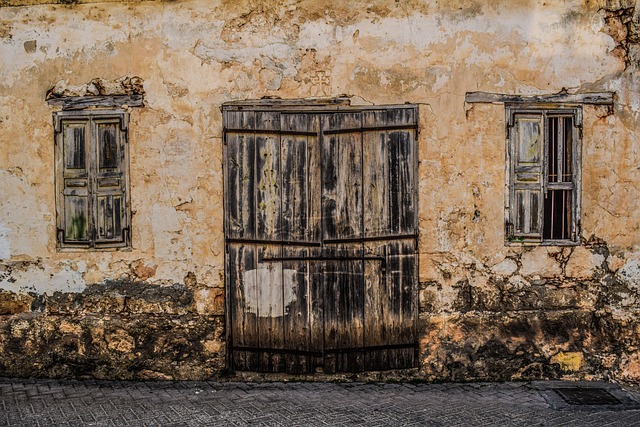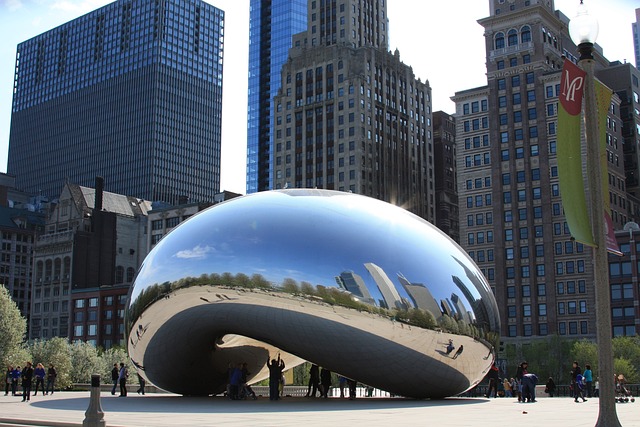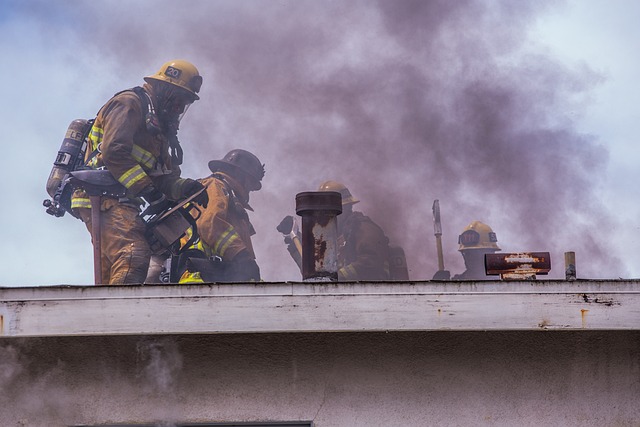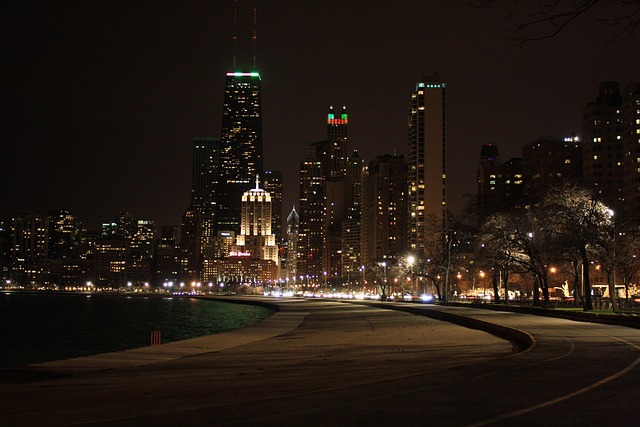Selling a fire-damaged property in Chicago requires understanding and adhering to stringent local housing regulations, including building codes, zoning laws, rental practices, and fair eviction procedures. This process involves navigating permits for repairs or demolition, due diligence for legal risks, and insurance claims. Homeowners can choose between renovation options (requiring permits) or selling "as-is" to specialized investors for a swift closure. Fire damage restoration companies streamline the process, ensuring homes meet safety standards. Tax implications and insurance deductibles must be considered, with thorough documentation of damages. Direct sales to specialized investors offer immediate cash offers for faster turnarounds during challenging times.
Chicago’s housing regulations are designed to ensure safety and maintain property standards, but they can also pose challenges for homeowners, especially after a fire. This article guides you through the complex landscape of Chicago’s housing regulations, offering insights into navigating the legal aspects of selling a fire-damaged property. We explore quick sale options, tax implications, insurance claims, and restoration processes, providing valuable information for those looking to sell their fire-damaged house fast in Chicago.
- Understanding Chicago's Housing Regulations: An Overview
- Selling a Fire-Damaged Property in Chicago: Legal Considerations
- The Process of Disposing of a Damaged House
- Who Handles Chicago's Fire Damage Restoration?
- Tax Implications and Insurance Claims for Fire-Damaged Homes
- Quick Sale Options for Owners Facing Financial Constraints
Understanding Chicago's Housing Regulations: An Overview
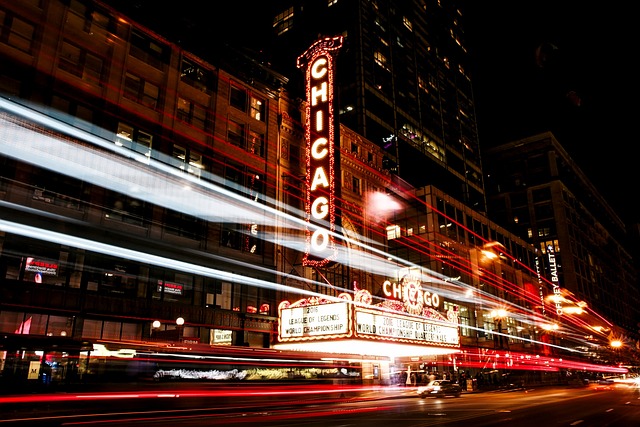
Chicago, a vibrant city known for its rich culture and diverse neighborhoods, also boasts stringent housing regulations designed to ensure safety, quality, and fairness in the real estate market. These regulations cover various aspects, from construction standards to rental practices, with a particular focus on protecting homeowners and tenants alike. For individuals looking to sell fire-damaged properties quickly in Chicago, understanding these regulations is essential for navigating the process smoothly.
The city’s building codes and zoning laws are stringent, aiming to maintain specific standards for residential structures. These include guidelines for structural integrity, fire safety, and accessibility, ensuring that any renovations or sales meet these criteria. Additionally, Chicago has strict rules regarding rental properties, including requirements for maintenance, security deposits, and fair eviction practices. Knowing and adhering to these regulations is crucial when preparing to sell a fire-damaged house fast in Chicago, as it can expedite the process and ensure a successful transaction.
Selling a Fire-Damaged Property in Chicago: Legal Considerations
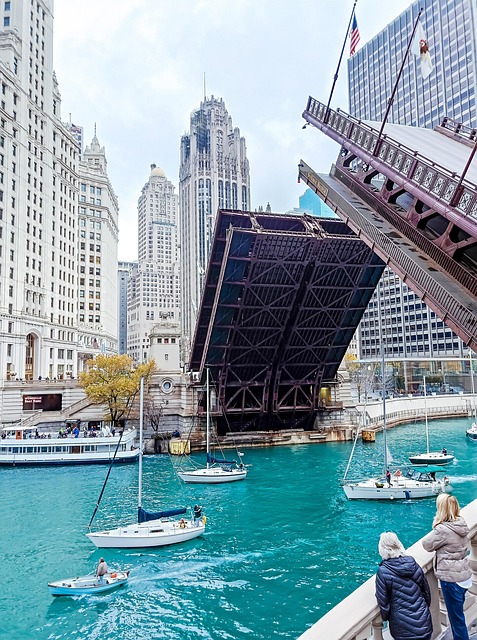
Selling a property that has been damaged by fire in Chicago involves several legal considerations, especially given the city’s strict building codes and safety regulations. Homeowners facing this situation should be aware of their rights and obligations under Chicago housing laws. If you’re looking to sell your fire-damaged house fast Chicago, understanding these rules is crucial.
In Chicago, selling a fire-damaged property requires compliance with local ordinances that dictate the repair, rehabilitation, or demolition of such structures. Sellers must obtain necessary permits and approvals for any rebuilding efforts before proceeding with a sale. Additionally, buyers should conduct thorough due diligence to assess potential legal risks and costs associated with purchasing a fire-damaged property. This may include reviewing building codes, structural integrity reports, and any existing litigation related to the property.
The Process of Disposing of a Damaged House
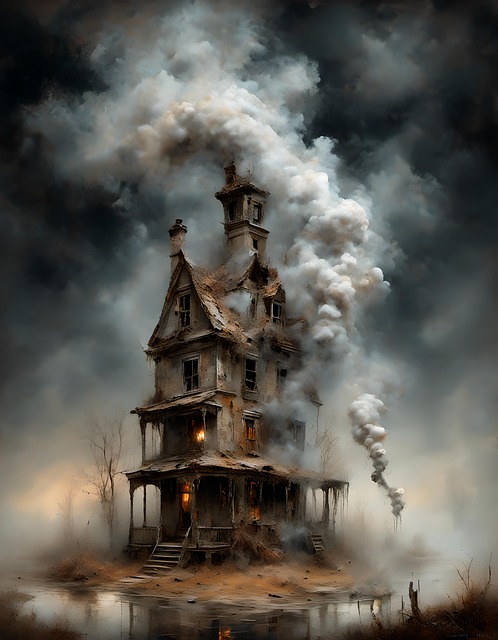
When a house in Chicago sustains damage, whether from a fire or other disasters, the process of disposing of it can be complex. Homeowners often rush to sell their fire-damaged properties in Chicago quickly to mitigate financial losses and start rebuilding. However, selling a fire-damaged house fast Chicago requires careful navigation through local regulations and insurance processes.
The first step is to assess the extent of damage. If the home is beyond repair, owners can consult with insurance providers to determine compensation. In some cases, selling as-is to a real estate investor specializing in purchasing fire-damaged properties might be the quickest option. This method allows for a swift sale, skipping traditional listing and renovation processes. Alternatively, thorough renovations may be feasible, but they require permits and adherence to Chicago’s building codes, further delaying the sales process.
Who Handles Chicago's Fire Damage Restoration?
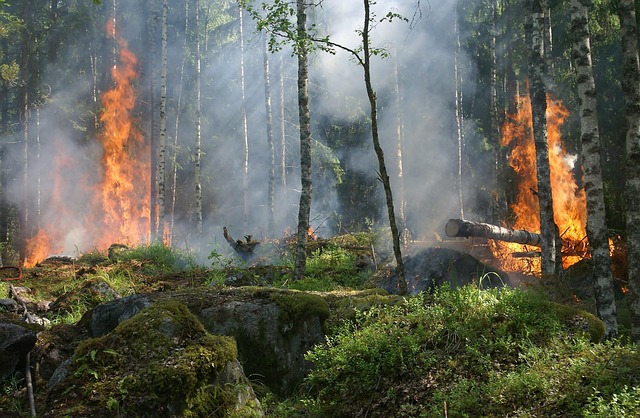
In Chicago, the process of fire damage restoration is typically handled by specialized professionals known as fire damage restoration companies. These experts are equipped to address the unique challenges posed by fire-affected properties. They play a crucial role in ensuring that homes not only look their best but also meet safety standards when put back on the market. With their extensive knowledge and advanced techniques, they can swiftly assess the extent of damage and implement effective solutions, helping homeowners navigate the aftermath of a fire efficiently.
When considering to sell a fire-damaged house fast in Chicago, these professionals are invaluable assets. They not only restore the property but also enhance its appeal to potential buyers by addressing visible signs of fire damage, such as smoke stains and charring. This specialized service streamlines the process for homeowners looking to quickly recoup their investments, ensuring that they can move forward with their lives while minimizing financial losses.
Tax Implications and Insurance Claims for Fire-Damaged Homes
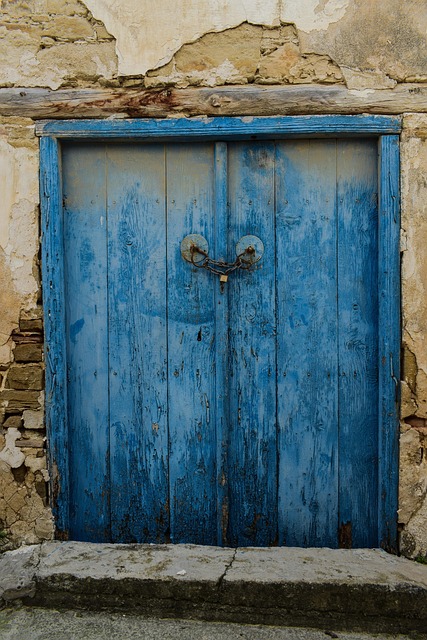
When selling a fire-damaged home in Chicago, understanding the tax implications and insurance claims process is crucial for a smooth transition. Property owners should be aware that certain expenses related to repairing or replacing damaged structures are often deductible on their tax returns. This includes costs for rebuilding efforts, as well as any temporary living expenses incurred during the recovery period.
Chicago’s housing regulations regarding fire damage also extend to insurance claims. Homeowners’ insurance policies typically cover the cost of repairs and rebuilding after a fire. However, it’s essential to document all damages thoroughly and communicate with your insurance provider promptly. Selling a fire-damaged house fast Chicago requires navigating these complexities, ensuring you maximize compensation while adhering to local housing regulations.
Quick Sale Options for Owners Facing Financial Constraints
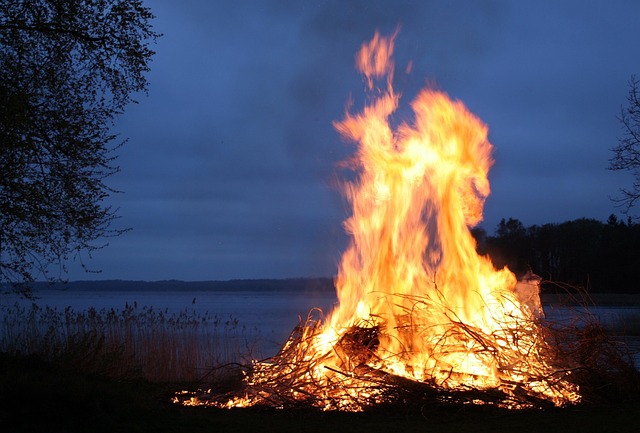
Chicago homeowners facing financial difficulties or those who need to quickly sell their fire-damaged properties have several options available. One popular choice is to opt for a direct sale, also known as a cash sale, where they can bypass the traditional real estate listing process. This method is particularly beneficial when time is of the essence or if the house requires extensive repairs due to fire damage.
Selling a fire-damaged house fast in Chicago can be streamlined by enlisting the help of specialized real estate investors or companies that offer quick sale solutions. These entities often have ready cash and are willing to make immediate offers, providing relief to owners who need to sell swiftly. This alternative route ensures a faster turnaround time compared to traditional sales methods, allowing homeowners to move on with their lives while potentially minimizing financial losses during these challenging times.
Chicago’s housing regulations, particularly regarding fire-damaged properties, are designed to ensure safety and fair practices. When considering a quick sale of a fire-damaged house in Chicago, understanding these regulations is crucial. From legal considerations and restoration processes to tax implications and available sale options, homeowners have resources at their disposal. By exploring these avenues, owners facing financial constraints or property damage can navigate the process smoothly while adhering to local laws, ultimately achieving a fast and beneficial sale for their fire-damaged home in Chicago.
